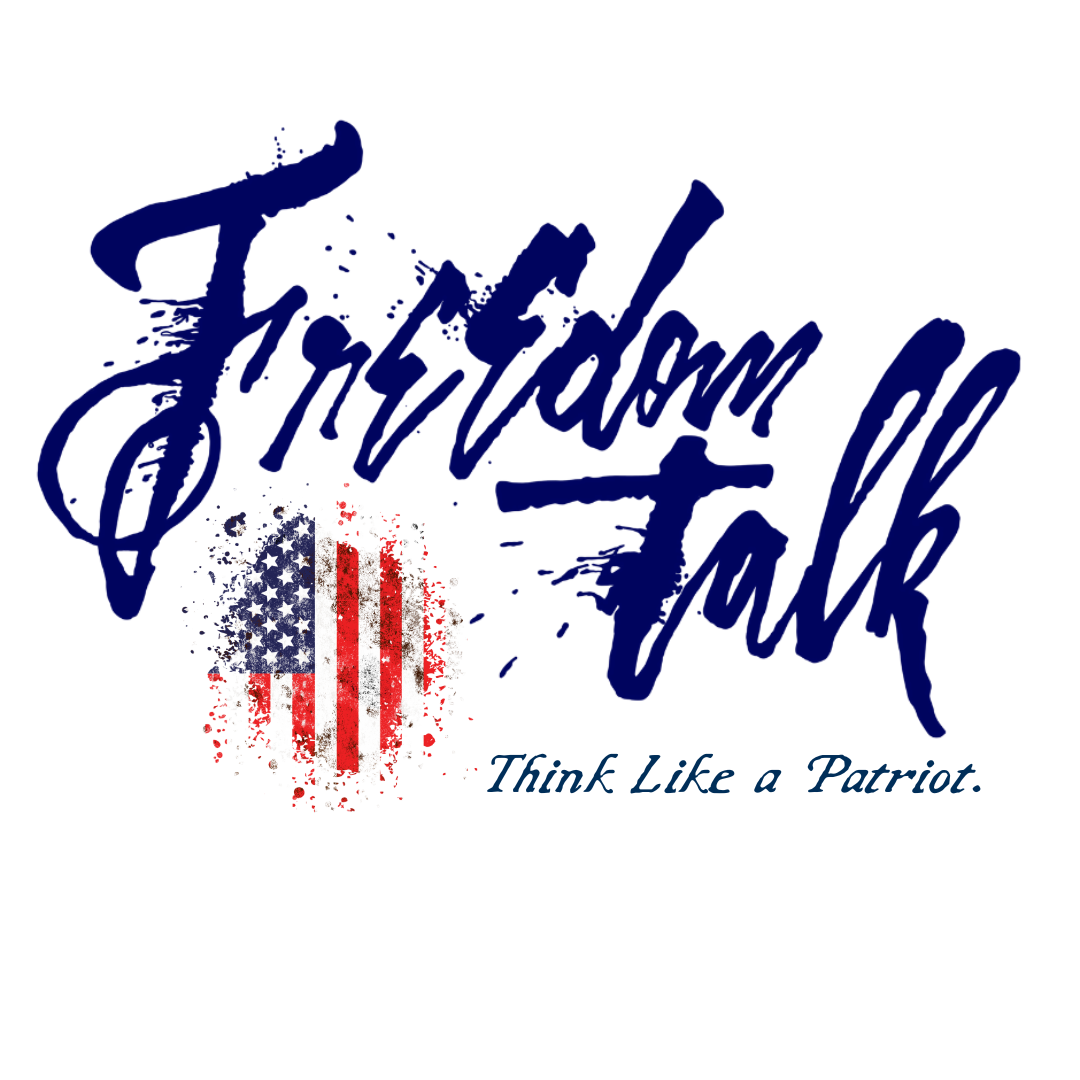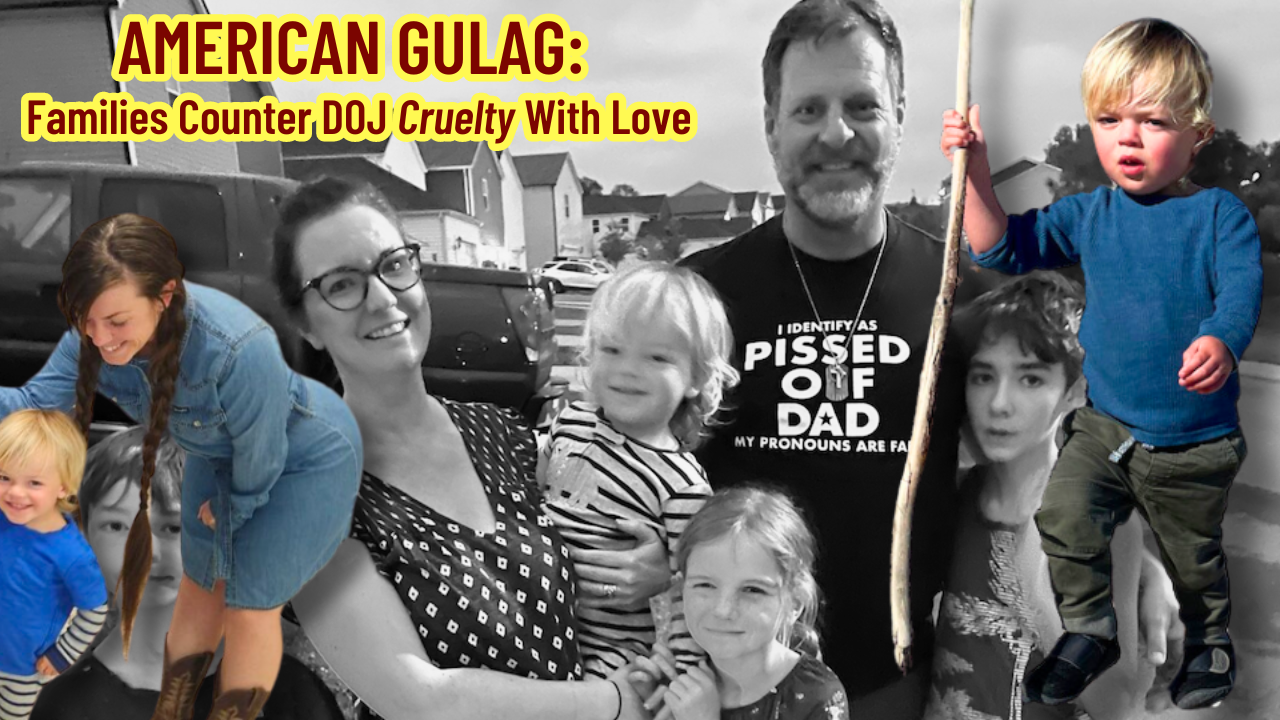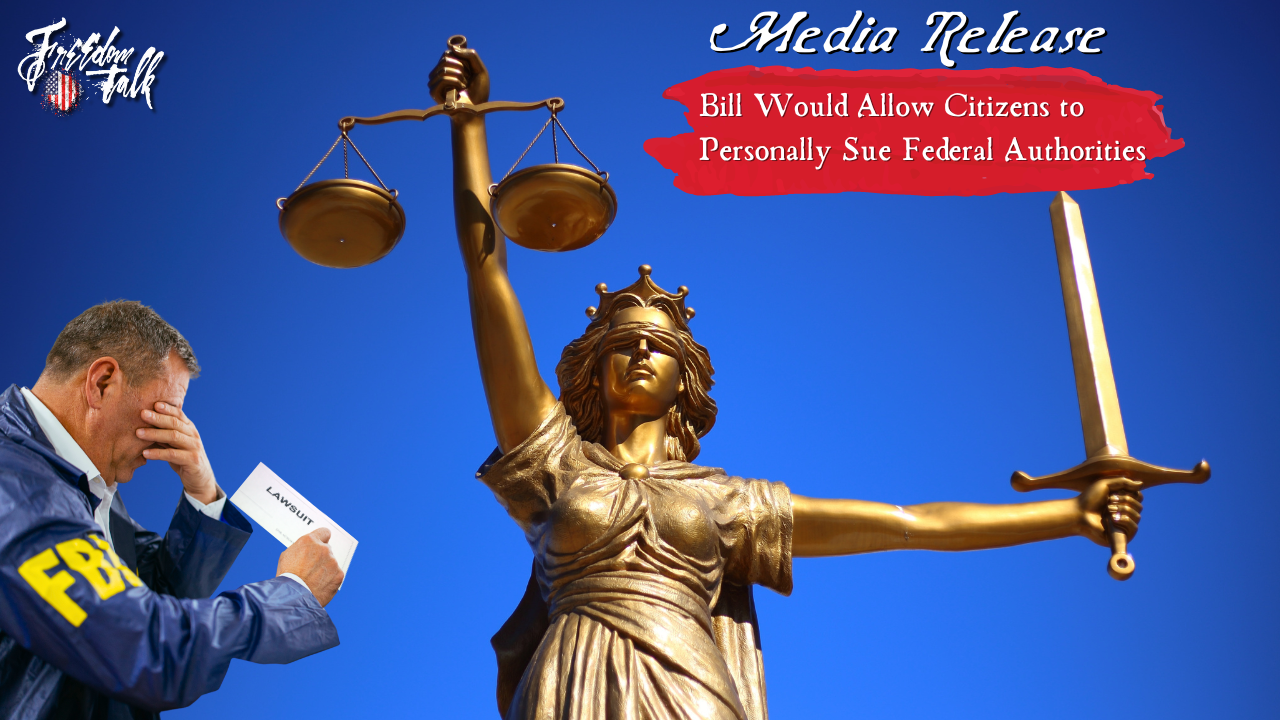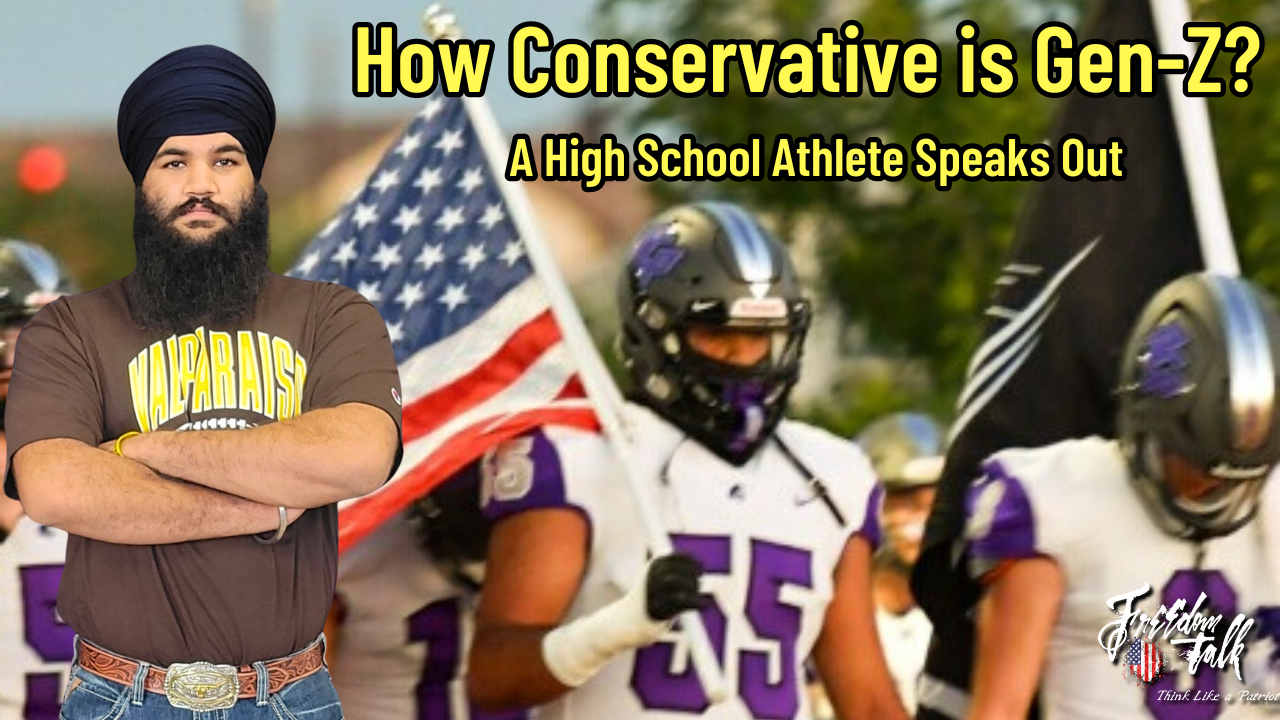The Australian government will grant its media regulator new powers to tackle “online misinformation and disinformation.”
The Australian Communications and Media Authority announced last week that the federal government is set to legislate to give it more powers to allow it to “hold digital platforms to account” if they don’t tackle “harmful” online “misinformation and disinformation.”
Currently, a voluntary digital code exists, created by the Digital Industry Group Inc, whose members include Meta, Google, TikTok, Apple and Twitter. However, the ACMA will be empowered to create a new industry code that applies not just to DIGI signatories, “should… self-regulation measures prove insufficient in addressing the threat posed by misinformation and disinformation.”
The new “framework” will look to address “systemic issues” on online platforms. The media regulator will also be granted new powers of “information-gathering and record-keeping” in order to address the efforts in tackling misinformation and disinformation.
The ACMA declared that they will not have a role in determining “what is considered truthful,” but in that case, did not mention how they could enforce any failure to tackle misinformation or disinformation.
“Authorised electoral content” will not come under the purview, nor will “professional news.” The ACMA did not define who would count as being a “professional” news organisation. Australians will be provided with “stronger tools” to report misinformation and disinformation online, although no specifics were provided.
“Misinformation and disinformation poses a threat to the safety and wellbeing of Australians, as well as to our democracy, society and economy,” said Michelle Rowland MP, the Minister for Communications in a statement:
“A new and graduated set of powers will enable the ACMA to monitor efforts and compel digital platforms to do more, placing Australia at the forefront in tackling harmful online misinformation and disinformation. The Albanese Government will consult with industry and the public on an exposure draft of legislation in the first half of this year and looks forward to constructive engagement with stakeholders and industry.”
Sunita Bose, the managing director for the DIGI, welcomed the announcement, and said that they were “committed to driving improvements in the management of mis- and disinformation in Australia, demonstrated through our track record of work with signatory companies to develop and strengthen the industry code.”
Speaking to the World Economic Forum last year, Julie Inman Grant, the Australian eSafety Commissioner, said that key human rights, such as free speech, must be subject to “recalibration” when it came to the online sphere.
She argued that “freedom of speech,” needed to be rethought when it came to balancing it with the supposed integral freedom to be protected from “online violence,” a term that Inman Grant didn’t expand on. She further suggested that “data protection” should be balanced with “the right to child dignity.”
In her role, she leads “the first government regulatory agency committed to keeping its citizens safer online.” The agency was set up after the passing of Australia’s controversial Online Safety Act.
The agency has the power to “protect people from online abuse,” and includes 4 various reporting schemes, including one designated to stop “cyberbullying.” They can give civil penalties to any “online service providers that do not comply” with removal notices. Nowhere on the site does it define what is classified as “online abuse.”
This news and commentary by Jack Hadfield originally appeared on Valiant News.







